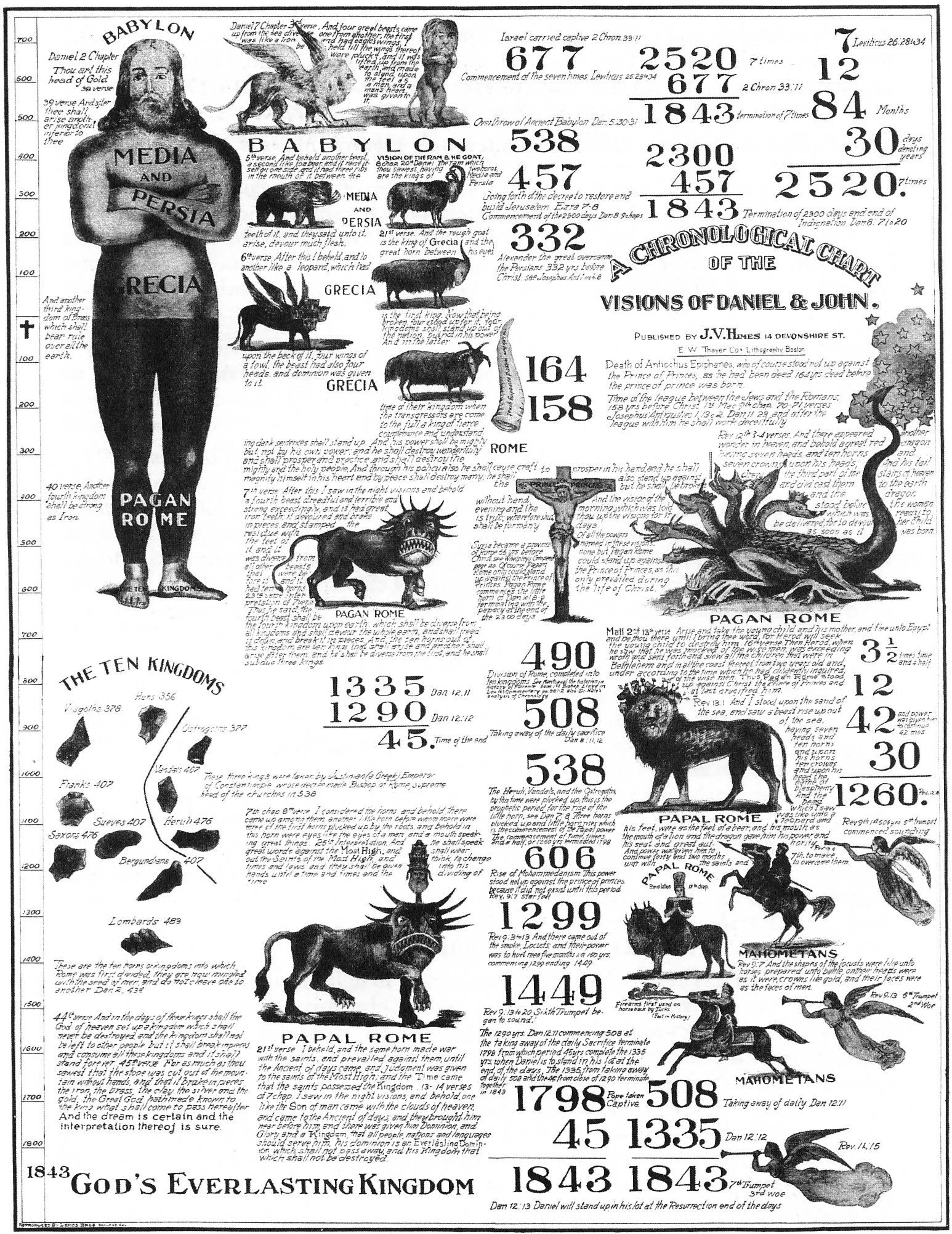Interesting thoughts, Randy.
There is not right and wrong way to classify WT history. These are just tools to help us mentally organize large amounts of data and understand patterns in the development of the group.
Personally, I find it more useful to think of WT history along the following lines:
1. The Russell Era 1879-1916
2. Rutherford Era 1916-1942
3. Knorr/Franz Era 1942-1980
4. Governing Body Era 1980-Present
I see the first two eras as you do, as the organization was defined almost exclusively by the men who held the presidency. I would, however, lump Knorr and Franz in together since you really had two men who steered the course for the religion in the ensuing era. Knorr was the boss; the bureaucrat/administrator who oversaw the expansion of the WT organization into a global empire, but Freddy had virtual free reign to craft the religion's theology. Knorr had veto power, but he seldom exercised it. Knorr controlled the administration; Freddy controlled the theology.
The way I see it, this arrangement continued up until Knorr's death, even though the GB officially took control before his passing. However, due to the strength of their personalities, Knorr and Franz continued to be the religion's leaders…that is until 1980. By that point, Knorr had passed away and the religion had been thoroughly embarrassed by Freddy's 1975 prophetic failure. It was at that point that the GB asserted itself and Freddy lost the powerful role of quasi-leader he once held. Freddy continued to be influential, but it was in 1980 that the GB steered a new course for the religion. Dissent was quashed with an iron fist. The era of singular leadership was over. The dawn of the rule-by-committee era had dawned.
From 1980 forward there was a steady move to erase all semblance of a sole leader. This move was further cemented when the GB resigned from their individual posts on the legal organizations, thus distancing themselves from their historic role in leading the religious group. This era has been characterized by a tremendous push for uniformity and premium on maintaining the status quo. Like a large publicly-traded corporation that has reached its peak, the GB has focused on maintaining its empire and attempting to avoid its eventual decline.
